BY KELLY HARADON, FELLOW
Be impeccable with your word. Being succinct is not my pièce de résistance. Don’t take anything personally. Not my forté. Don’t make assumptions. My lenses can be so foggy. Always do your best. Always? An absolute?
My internal work started after reading bestselling author don Miguel Ruiz’s book, The Four Agreements. From those four agreements came frustration, questions, denial, research, and hope. My journey with A Year of Courageous Conversations has allowed me to reflect on my life, my choices, and my teaching through don Miguel Ruiz’s Four Agreements. These agreements have become integral lenses that I use to view and process the world around me. Just as you click through different lenses when you look through a vintage View-Master Classic stereoscope toy, I try to use my new set of lenses to foster greater inclusion and belonging.
Be impeccable with your word.
When I look at the world through this new lens, I now see that I have power to point my words in the direction of truth and inclusion. Words matter and words driven into action are powerful.
I recently attended an educator conference that focused on building better relationships in the first twenty days of school. The conference reflected the opinions of a popular education theory book distributed by a major publisher. The entire book had about 3 sentences on how to foster greater inclusion in our schools.
The words “building relationships” should be followed by the ways in which we can teach educators to foster greater inclusion for all students, particularly our culturally, economically, linguistically, and ethnically diverse student populations. After all, our next generation spends the majority of their life in schools, with teachers.
Don’t take anything personally.
When I look at the world through this new lens, I now see that the actions of others are not a reflection of me. What other people say and do is a reflection of their own reality, not of my dream. In our first session with Dr. Arin N. Reeves, we explored the notion of fear. I never realized how afraid I was of being wrong and being “made a fool” for my missteps. When I finally set aside fear, I could see hope and progress.
Considering fear first has helped me be a better person and educator. I no longer look at actions as good or bad, I try to look at them as rooted in fear or hope. This has helped me to untangle messes in a more proactive and positive way. Taking things personally used to be the thorn in my side and my biggest struggle. Considering fear has been the single most transformative part of my internal work during A Year of Courageous Conversations.
Don’t make assumptions.
When I look at the world through this new lens, I now see that I have the courage to ask hard questions and express myself clearly without filling in the blanks. A Year of Courageous Conversations has taught me to listen first by setting aside fear. Clear communication with the goal of avoiding misunderstanding, judgment, sadness, and undue stress is at the heart of this agreement.
When discussing this agreement with a colleague, she told me that when kids don’t fully understand tragedy or drama, they fill in the blanks. I think this may be true for all people. We make assumptions based on those “blanks” in our understanding. Before assuming any intent, I now pause.
Always do your best.
When I look at the world through this new lens, I now see flexibility. “Always” is not an absolute. “Always” is forgiving and avoids self-judgment. “Always” is healthy and realizes that my best is going to morph and change with life’s moments. This fourth agreement is what now allows me to say, “I need time to uncover my bias and make decisions that will lead me toward greater inclusion and transformed decision making.”
Where to next? As an educator, I spend the majority of my life with other people’s children. As a result, I spend most of my days trying to look at life through my new set of View Master Classic lenses, just as a child would. I am constantly asking myself questions. How are the kids seeing this situation unfold? What are they hearing and interpreting? Who is telling the story that they are listening to? Who are the “players” in the game of life that they are playing? How are my students reflected in our books, curriculums, and discussions?
As a mom and educator, I know that young eyes are always watching. I am currently designing and implementing new ways to foster greater inclusion in the classroom. On a broad level, I have reviewed 175 children’s books since January 1st and contacted several educational publishers to inquire about issues of bias that I have seen in their publications and materials.
This is just the start of my journey. Join me to teach the next generation to be more inclusive members of society. Tweet me at @kellyharadon if you see a resource or have an idea that can help me in the next phase of my journey.
_____
Kelly Haradon is a Fellow of A Year of Courageous Conversations to explore how to foster greater inclusion and belonging in our communities. The series is presented by Urban Consulate at Barrington’s White House in Barrington, Illinois. To read more, visit CourageousConversations.us.
(Photo Credit: Christina Noël)

